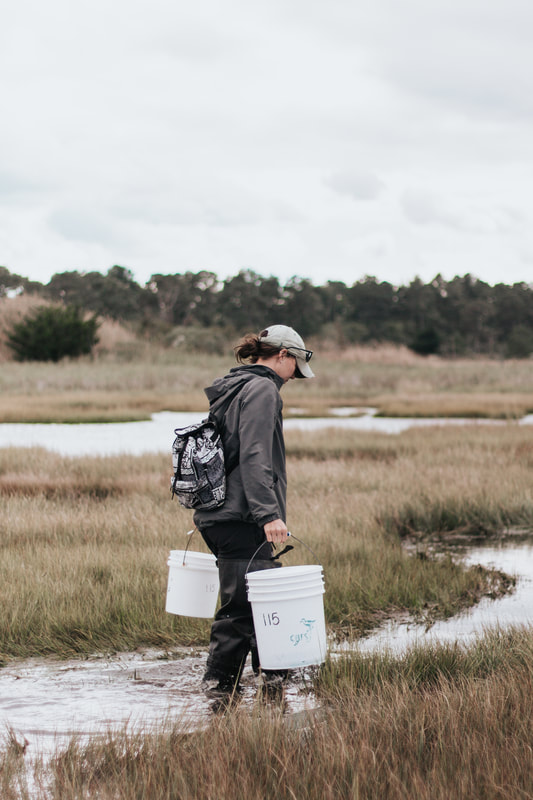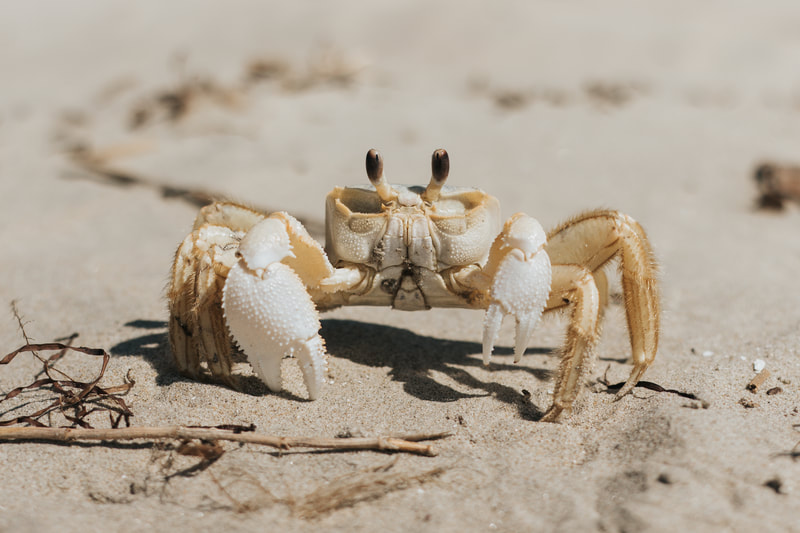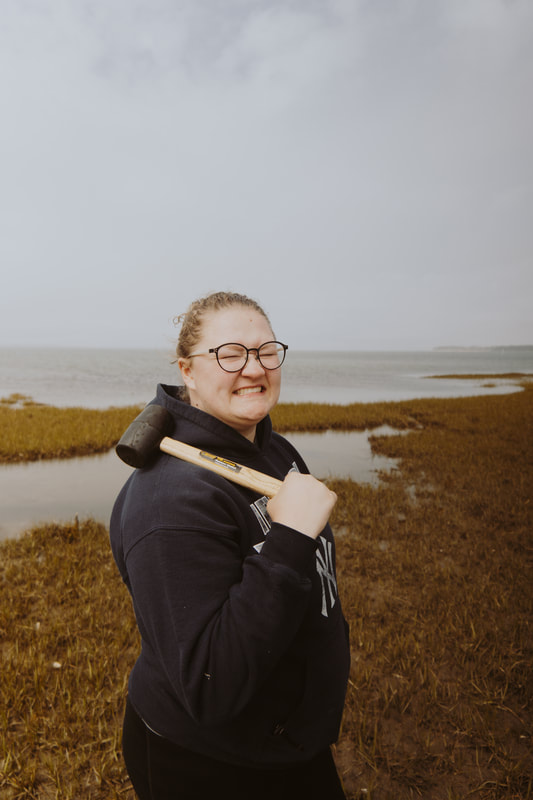SUMMER BY THE SEA
DR. SEAN CORNELL - SHIPPENSBURG UNIVERSITY
This option is designed to allow students to earn a semester's worth of credits within one summer at the Chincoteague Bay Field Station. In order to enroll in the Semester by the Sea you must register for Problems in Marine Science. If you choose to enroll in 4 additional summer courses (as well as Problems in Marine Science) you will earn a standard 15 credit semester in this 12 week period.
Problems in Marine Science Course Description:
Provides the opportunity to investigate marine, coastal, and watershed issues from local, regional and global perspectives through the fields of biology, chemistry, climate science, geology, geo-environmental science, physics, and/or other related fields. Key emphases in the course include evaluation of natural phenomena, biodiversity, complex systems science, feedbacks, as well as change through time from both natural and human impacts. Historic and contemporary research, field-, lab-, technology-based investigations, and case study evaluations are central strategies students will use to collect and analyze data, to inform decision-making necessary to improve resiliency and sustainability planning in these dynamic environments.
Click here for the Problems in Marine Science course description.
Prerequisites:
Registered for Problems in Marine Science and at least one other CBFS summer course.
Number of Students:
6-14
2021 Chincoteague Bay Field Station Fee*:
Will differ per student, per session depending which other courses you're enrolled in, but will be available soon.
Fees are subject to change at the discretion of the board of directors
* Does not include university tuition or fees. For specific policy on CBFS fees, click HERE.
Problems in Marine Science Course Description:
Provides the opportunity to investigate marine, coastal, and watershed issues from local, regional and global perspectives through the fields of biology, chemistry, climate science, geology, geo-environmental science, physics, and/or other related fields. Key emphases in the course include evaluation of natural phenomena, biodiversity, complex systems science, feedbacks, as well as change through time from both natural and human impacts. Historic and contemporary research, field-, lab-, technology-based investigations, and case study evaluations are central strategies students will use to collect and analyze data, to inform decision-making necessary to improve resiliency and sustainability planning in these dynamic environments.
Click here for the Problems in Marine Science course description.
Prerequisites:
Registered for Problems in Marine Science and at least one other CBFS summer course.
Number of Students:
6-14
2021 Chincoteague Bay Field Station Fee*:
Will differ per student, per session depending which other courses you're enrolled in, but will be available soon.
Fees are subject to change at the discretion of the board of directors
* Does not include university tuition or fees. For specific policy on CBFS fees, click HERE.




